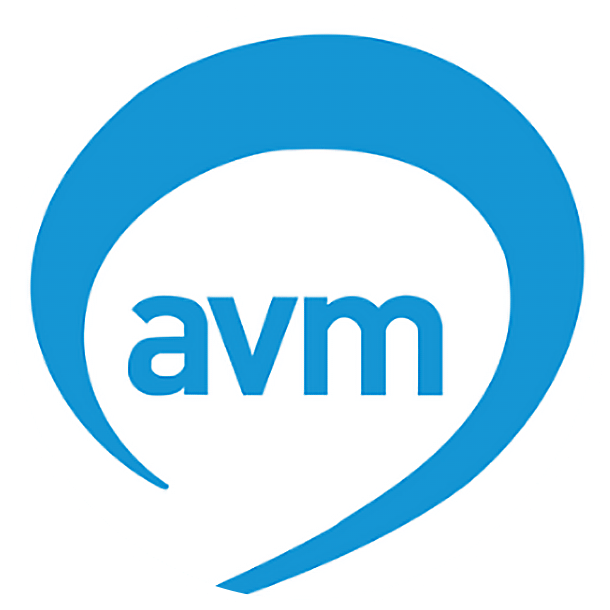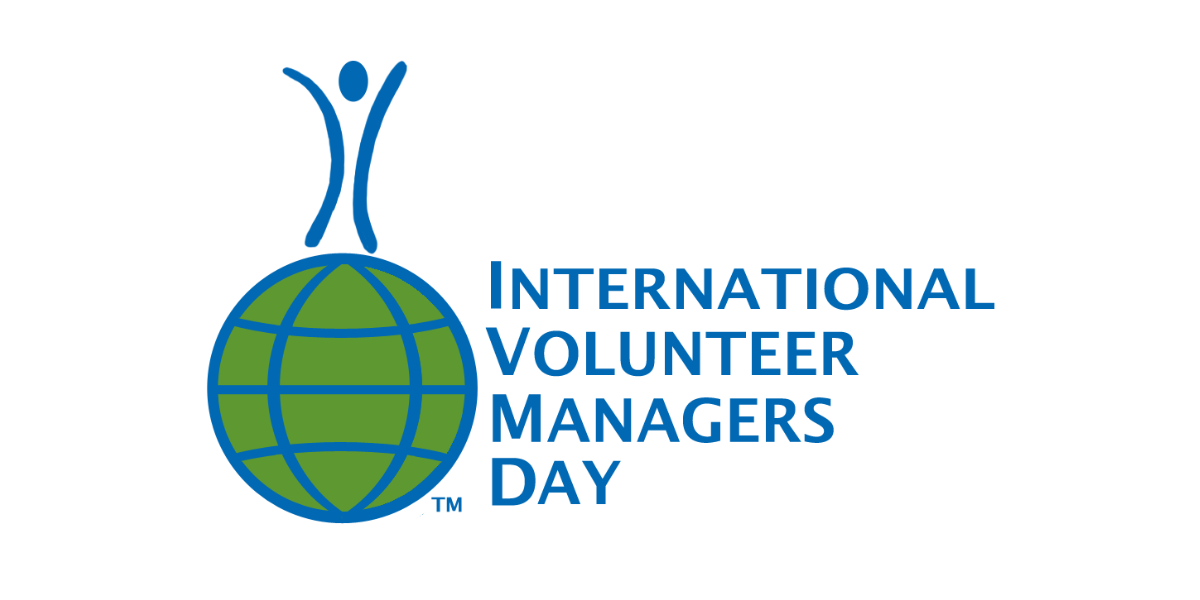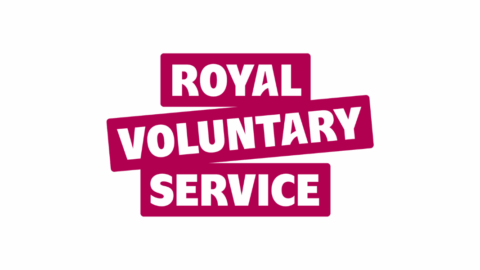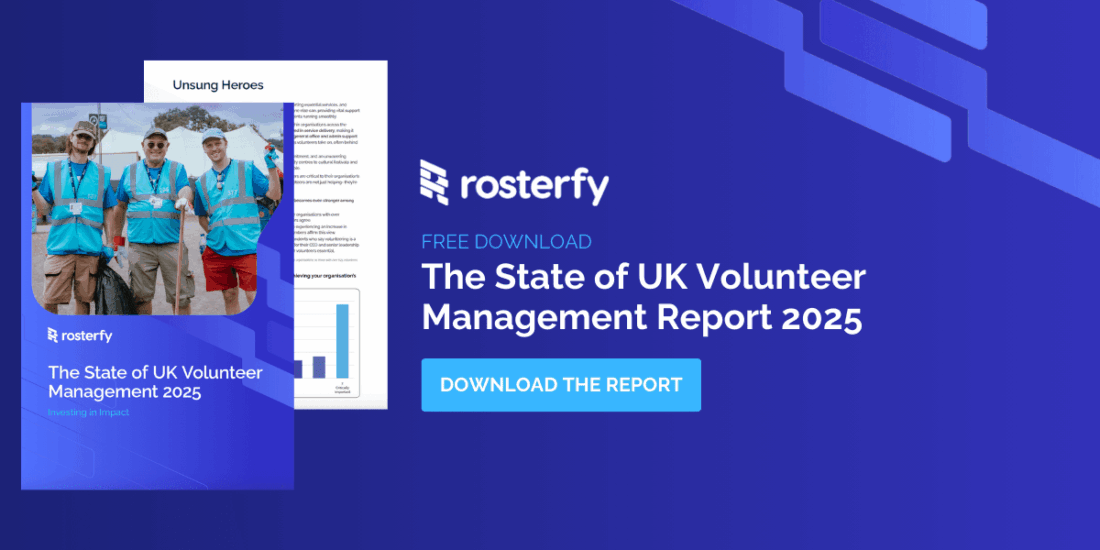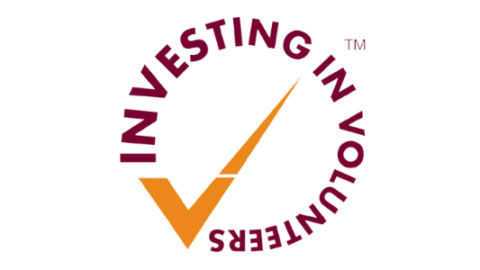Ruth Leonard, AVM Director and Head of Volunteering Development at Macmillan Cancer Support, discussed raising resources in the widest sense not just funds in the CASS business school Centre for Charitable Excellence quarterly newsletter.
Oh brave new world that has such people in it
Recent devastating events such as the fire at Grenfell Tower and the attacks in London and Manchester have shown what we in volunteer management know to be true – that volunteering and community engagement is and remains universally strong. People, without being asked to step in, came forward to give their time and share their skills, to provide practical assistance, comfort and support. In order to support these initiatives and enable people to contribute effectively it is vital to think about how to develop and provide the relevant set up.
As evidenced by the reaction to the Grenfell Tower fire, volunteers, as members of a local community, can help address needs which statutory services or organisations on their own cannot reach. If we are going to efficiently address some of the ways the Voluntary and Community Sectors can continue to add this value, I would argue that we need to think more widely and creatively about how we raise resources in the broadest sense, rather than merely funds – such as the assets which people themselves can bring.
Volunteer management is the golden thread that enables people giving their time to be engaged, supported and motivated and ensuring that volunteer management is recognised as a skill and a valued profession – as fundraising is – is essential to the continued flourishing of volunteers and indeed volunteering. Empowering everyone who works with volunteers to feel confident in their abilities and knowledgeable about how to work with an individual’s and community’s existing assets is essential – and this includes ensuring we are having the conversation across the sector about the strategic importance of involving volunteers as well as generating income.
You can read the full article, which appeared in the Cass quarterly newsletter, here.
